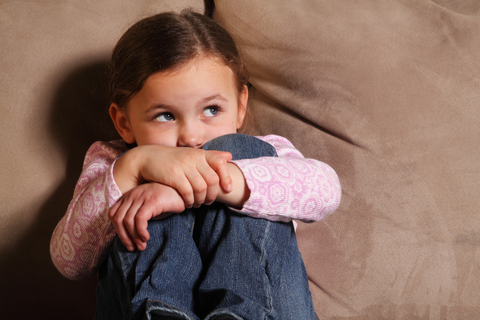Why Does My Toddler Have Sleep Problems? A Guide to Common Causes and Solutions
Dive into the many reasons toddlers might struggle with sleep and offers solutions to help them get the rest they need.
Understanding Toddler Sleep Issues

The phrase "sleep like a baby" might sound like a myth to parents of toddlers who face nightly battles. This section explores the various factors that can disrupt a toddler's sleep.
Environmental Changes:
- New siblings, moving houses, changes in caregivers, or even holidays can disrupt a toddler's routine and lead to sleep problems.
- Acknowledge losses and maintain routines as much as possible during transitions.
Medical and Health Issues:
- Illness, teething, medication side effects, anemia, or even worms can all contribute to restless sleep.
- Address any underlying medical conditions and consult a healthcare professional for appropriate medication or supplements.
Inappropriate Stimulation:
- Excessive screen time before bed can overstimulate toddlers and make it harder for them to wind down.
- Opt for calming activities like reading or listening to gentle music before bedtime.
Hyperactivity and Sensory Overload:
- Some toddlers have an imbalance of neurotransmitters that can lead to hyperactivity and sleep difficulties.
- Encourage calming activities and ensure a consistent sleep schedule.
Nightmares and Sleep Terrors

Nightmares and night terrors are distinct sleep disturbances that can frighten toddlers.
Nightmares:
- These are normal parts of sleep development and often involve common childhood fears.
- Comfort your child and reassure them after a nightmare, but avoid making a big deal out of it.
Night Terrors:
- Night terrors are different from nightmares and involve a child waking up in a state of terror.
- Hold your child and comfort them calmly, but avoid waking them fully. Night terrors usually pass quickly.
Other Sleep Issues in Toddlers
This section explores other sleep concerns you might encounter with your toddler.
Sleepwalking:
- Less common in toddlers, sleepwalking is often harmless. Ensure a safe environment and gently guide your child back to bed.
Sleeptalking:
- Toddlers may mutter or mumble during sleep. Limit screen time before bed and address any anxieties they might have.
Head Banging and Body Rocking:
- This rhythmic behavior is often a way for toddlers to self-soothe and is usually harmless.
- Encourage a consistent sleep schedule and calming activities before bed.
Teeth Grinding:
- Teeth grinding is common and usually doesn't affect sleep quality.
Snoring:
- Snoring can indicate sleep apnea, which can disrupt sleep and lead to daytime problems. Consult a pediatrician if your toddler snores regularly and experiences daytime sleepiness or hyperactivity.
Creating Healthy Sleep Habits
By establishing a consistent bedtime routine and addressing any underlying causes of sleep problems, you can help your toddler get the rest they need. This leads to a happier and healthier child, and a more well-rested household!

Further Reading:
- Sleep Sense by Faure, M & Richardson, A (Metz Press: 2007)
- Toddler Sense by Richardson, A (Metz Press: 2011)
- www.toddlersense.com
Sr Ann Richardson is the author of Toddler Sense and also co-authored Baby Sense and Sleep Sense. She is a qualified nurse and midwife and has worked in the midwifery and paediatric fields for 30 years. For more information from Sr Ann Richardson go to www.toddlersense.com or email her at info@toddlersense.co.za








